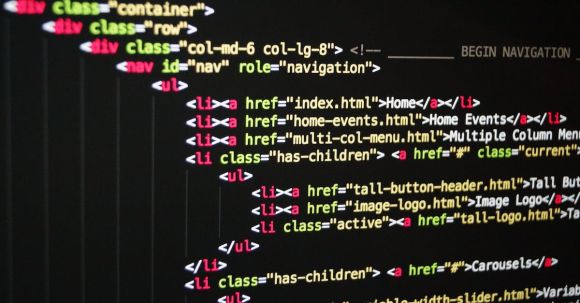Introduction
Competitive programming has gained popularity in recent years among computer science enthusiasts and professionals. It involves participating in coding competitions and solving complex problems within a limited timeframe. While the primary aim of competitive programming is to test one’s coding abilities, it also has a significant impact on problem-solving skills. In this article, we will explore how competitive programming enhances problem-solving abilities and why it is valuable for aspiring programmers.
Building Strong Analytical Skills
Competitive programming challenges often require participants to analyze complex problems and come up with efficient solutions. This process involves breaking down the problem into smaller, more manageable components, identifying patterns, and devising algorithmic approaches. Through continuous practice in competitive programming, individuals develop strong analytical skills, which are crucial for problem-solving in various domains of computer science.
Enhancing Logical Reasoning
In competitive programming, logical reasoning plays a vital role in solving problems efficiently. Participants need to think critically and logically to understand the problem requirements and devise appropriate strategies. They must identify the underlying logic and apply it to formulate effective solutions. Regular engagement in competitive programming hones logical reasoning skills, enabling individuals to approach complex problems with a systematic and rational mindset.
Improving Algorithmic Thinking
Algorithmic thinking is a fundamental aspect of computer science and plays a significant role in problem-solving. Competitive programming challenges individuals to devise algorithms that provide optimal solutions within the given constraints. This process requires a deep understanding of data structures, algorithms, and their complexities. Through continuous practice, competitive programmers develop a strong ability to think algorithmically, enabling them to tackle complex problems efficiently.
Promoting Efficiency and Time Management
Competitive programming competitions often have strict time limits, forcing participants to solve problems quickly and efficiently. This constraint not only tests an individual’s coding abilities but also promotes effective time management. To succeed in competitive programming, participants must optimize their solutions to provide the desired output within the given time frame. This constant pressure to perform within tight deadlines enhances individuals’ ability to work efficiently, a valuable skill in real-world problem-solving scenarios.
Fostering Creativity and Innovation
While competitive programming may seem rigid and structured, it also encourages creativity and innovation. Participants are often presented with unique and complex problems that require thinking beyond conventional approaches. To excel in competitive programming, individuals must come up with novel ideas and explore alternative solutions. This fosters a creative mindset, allowing participants to think outside the box and find innovative approaches to problem-solving.
Real-world Application
The problem-solving skills developed through competitive programming have direct applications in the real world. Many tech companies and organizations value individuals who can efficiently solve complex problems. Competitive programming experience showcases an individual’s ability to tackle challenging tasks, making them more desirable candidates for job opportunities in the tech industry. Furthermore, the practical problem-solving skills acquired through competitive programming can be applied to various domains, such as software development, data analysis, and artificial intelligence.
Conclusion
Competitive programming has a profound impact on problem-solving skills by enhancing analytical abilities, logical reasoning, algorithmic thinking, efficiency, time management, creativity, and innovation. It not only provides a platform for individuals to test their coding skills but also prepares them for real-world challenges. Aspiring programmers should consider participating in competitive programming to develop a strong problem-solving foundation and gain a competitive edge in the tech industry. So, take up the challenge and embrace the world of competitive programming to sharpen your problem-solving skills!





